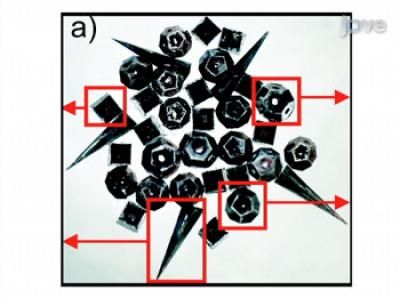FDA requests additional data on irritable bowel syndrome (IBS) drug Zelnorm™ (tegaserod maleate)
Novartis (NYSE: NVS) today announced that the US Food and Drug Administration (FDA) has issued a "not approvable" letter and has requested additional data regarding abdominal surgery (in particular gall-bladder surgery) in patients treated with Zelnorm™ (tegaserod maleate) In the US: Zelnorm™ ; outside the US: Zelmac® and Xavena® before marketing approval of the drug may be granted. Zelnorm is a new therapy developed for the treatment of abdominal pain, discomfort, and constipation in female patients with IBS, for which there is currently no effective therapy on the market. Novartis has partnered with Bristol-Myers Squibb Company (NYSE: BMY) in the development of Zelnorm. Novartis and Bristol-Myers Squibb are disappointed with the agency's decision; however, the companies are considering all options to help bring this important new therapy to market.
"We have received many patient letters requesting help, and consequently we are committed to making Zelnorm available for women who suffer from the debilitating symptoms of IBS," said Thomas Ebeling, CEO, Novartis Pharma AG. "We are disappointed by the FDA's decision, but remain confident in Zelnorm's ability to bring relief to many of the millions of patients suffering from the often life-altering symptoms of IBS." He added that "Novartis maintains its outlook for double digit pharmaceuticals sales growth which is expected to be in line with or above the market in 2001 and 2002".
There is currently no effective therapy for IBS. It is a chronic, fluctuating disorder that can have a significant impact on daily functioning and overall well-being. IBS is the second most common cause of work absenteeism after the common cold and affects up to one in five Americans, at an estimated direct and indirect cost to the healthcare system of more than USD 33 billion each year.
Most read news

Get the chemical industry in your inbox
By submitting this form you agree that LUMITOS AG will send you the newsletter(s) selected above by email. Your data will not be passed on to third parties. Your data will be stored and processed in accordance with our data protection regulations. LUMITOS may contact you by email for the purpose of advertising or market and opinion surveys. You can revoke your consent at any time without giving reasons to LUMITOS AG, Ernst-Augustin-Str. 2, 12489 Berlin, Germany or by e-mail at revoke@lumitos.com with effect for the future. In addition, each email contains a link to unsubscribe from the corresponding newsletter.










































